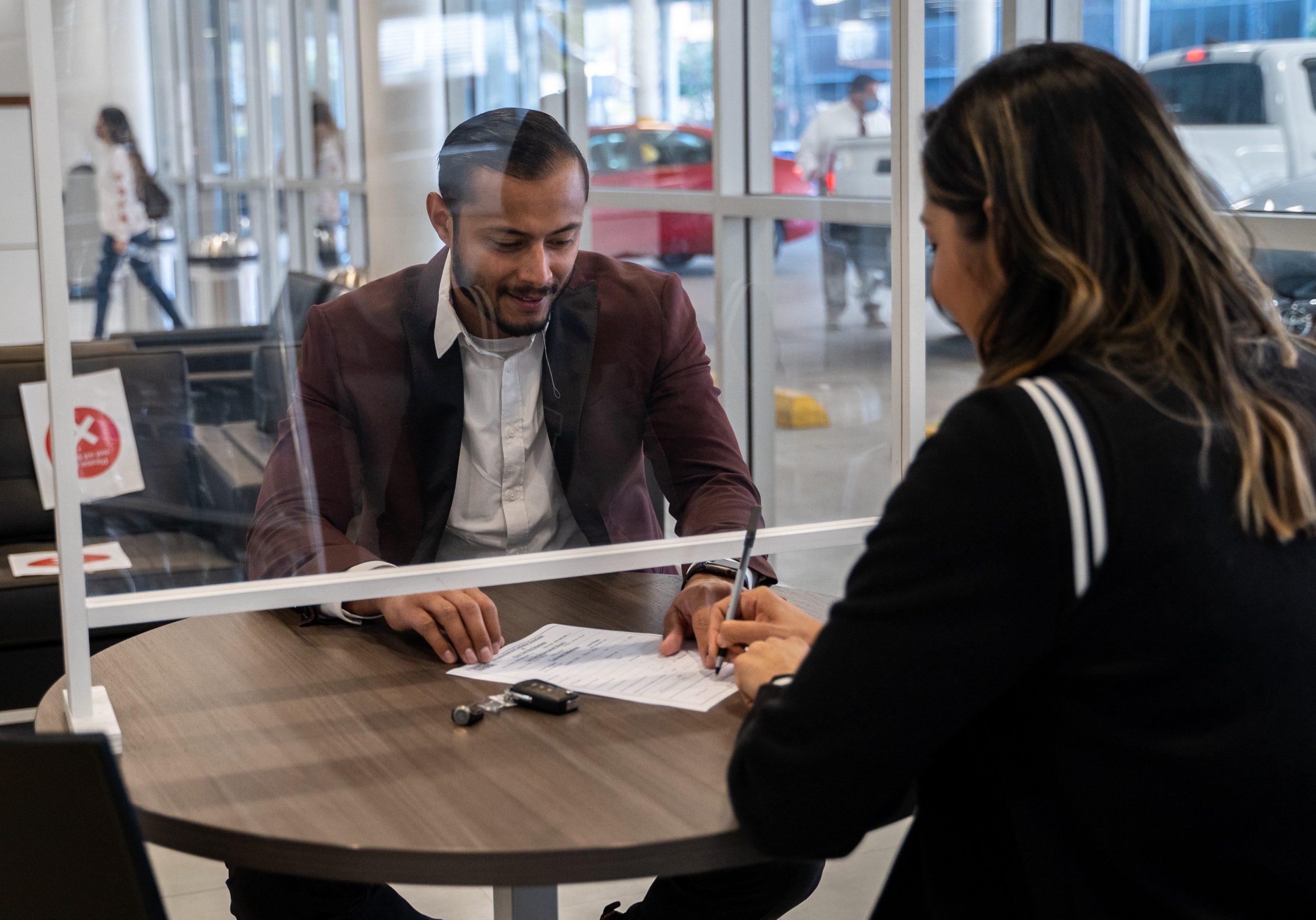Benefits of a Trade-in
The convenience of doing business at one location contributes to the effectiveness of trading in your automobile. Simply take your old car to the dealership and drive your new one home.
Although recommended, it's not necessary to have a preapproved financing arrangement with a bank or credit union. The dealership you purchase your vehicle from can help in arranging a vehicle loan. Still, they won't be incentivized to find an appropriate loan unless they already have a preapproved offer from another lender. In other words, the dealer can be your one-stop shop for locating a new vehicle, obtaining financing, and trading in your current vehicle, but you must still make sure you're receiving the best deal possible.
To put it in another way, while the dealer might be your one-stop shop for locating a new vehicle, obtaining a car loan, and trading the old one, you must still ensure you're receiving a decent deal on each aspect of the process.
You'll probably need to go to numerous places to finalize the sale of your automobile if you decide to sell it to another dealer or a third party. Along with the new car's purchase price, you will also need to discuss the price at which you will sell your current vehicle. You can be sure that you're getting a fair bargain on both the purchase and sale of your used car since knowledgeable purchasers know that it's a good idea to keep the pricing apart.
Transparency
It's far more difficult to time the sale of your automobile alone for the most excellent price. Additionally, there is always a danger that you will fall for a hoax. Some people have been duped by counterfeit money, fake cashier's checks, or bank and wire transfer cancellations.
During a trade-in with a reputable dealer, you may obtain the most excellent offer without worrying about being taken advantage of. In addition to being irritating, trying to sell your car at the desired price usually results in you accepting less.
Save on Taxes
The trade-in value may be subtracted from the new vehicle's cost in several states. Let's give an illustration of the idea. For the sake of simplicity, we'll assume that you don't owe money on your auto loan in any other way or have any negative equity. You've agreed to pay $30,000 for a brand-new car and are interested in making the purchase. In addition, you wish to trade in a secondhand vehicle. Your trade-in is valued at $10,000 by the dealer, making your net payment $20,000.
Loans Repayment
The fact that the present loan does not have to be repaid entirely is one benefit that consumers appreciate when trading in their car. The lender retains ownership of the property until you fully pay it back if you attempt to sell it privately. We deal with clients from diverse backgrounds and credit and debt problems. You can count on our team's experience and expertise to make sure you're treated fairly.

